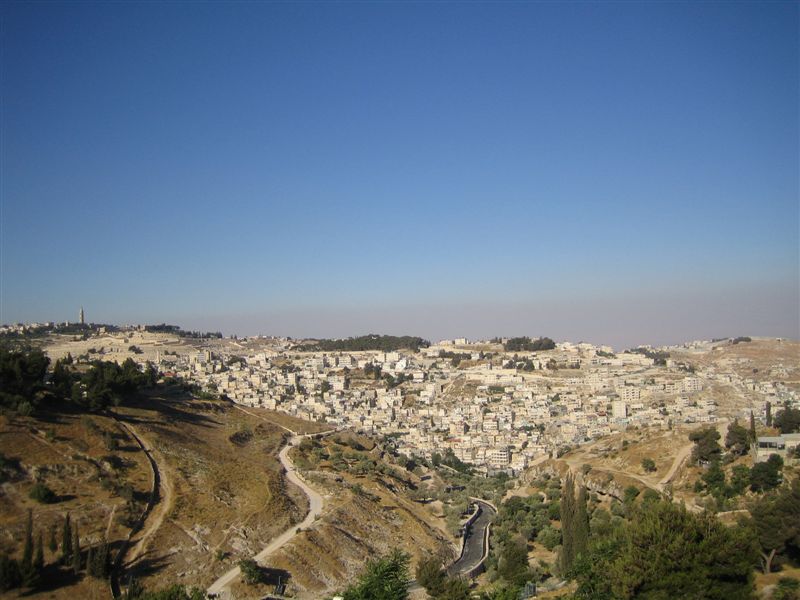Quiddity
UndertheInfluenceofGiants
The concept of Hell is probably the most disturbing and most modified concept in the Western Religions. In the Gathas it alludes to it the Zoroastrian faith. The Jews also had an abstract version of it that they called Gehinom or sheol (there is a difference but youll need to ask a rabbi about it cause I dont get it), but is probably more akin to purgatory in my own faith.
An interesting tid-bit is that the word ge-hin-nomis actually borrowed from the garbage dump outside of Jerusalem, "ge-hin-nom," the valley of hin-nom, which was where King Manasus sacrificed thousands of Israelite children to Molek, a demon god. After that nobody wanted to live in such a defiled land, so it became the garbage dump, with fires continually burning. Nobody wanted to get near it because of defilement. It was a haunt of demons.
This is the valley now:

"Sheol" can be said to be the same actual place but the difference is in how the person experiences this place.
At any rate, my point is that most all Western religions have a place or state where one experiences discomfort and growth. The major disagreement lies on whether this place or state continues after the end of time.
Now, this is just in general; I realize there are some groups within the Western religions who flat out deny its existence or anything like it. But the truth of the matter is that the overwhelming majority in the western religions do believe in it. Not just now, but have believed in it for as long as we have been putting things on paper.
Why do you think this is so prevalent in the worlds largest religions?
An interesting tid-bit is that the word ge-hin-nomis actually borrowed from the garbage dump outside of Jerusalem, "ge-hin-nom," the valley of hin-nom, which was where King Manasus sacrificed thousands of Israelite children to Molek, a demon god. After that nobody wanted to live in such a defiled land, so it became the garbage dump, with fires continually burning. Nobody wanted to get near it because of defilement. It was a haunt of demons.
This is the valley now:

"Sheol" can be said to be the same actual place but the difference is in how the person experiences this place.
At any rate, my point is that most all Western religions have a place or state where one experiences discomfort and growth. The major disagreement lies on whether this place or state continues after the end of time.
Now, this is just in general; I realize there are some groups within the Western religions who flat out deny its existence or anything like it. But the truth of the matter is that the overwhelming majority in the western religions do believe in it. Not just now, but have believed in it for as long as we have been putting things on paper.
Why do you think this is so prevalent in the worlds largest religions?
